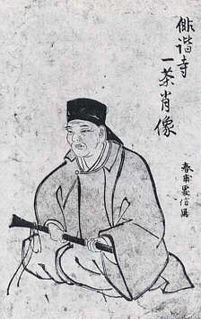A Quote by Peggy Orenstein
The notion is called wabi-sabi life, like the cherry blossom, it is beautiful because of its impermanence, not in spite of it, more exquisite for the inevitability of loss.
Quote Topics
Related Quotes
We've increasingly lost that sense of community, of the notion that there is something we contribute to and benefit from that is called the common good. I think I would date the beginnings of that loss to the Reagan administration and to the notion that somehow we were all separate individuals who only ought to be interested in ourselves.
As you know, shibumi has to do with great refinement underlying commonplace appearances. It is a statement so correct that it does not have to be bold, so poignant it does not have to be pretty, so true it does not have to be real. Shibumi is understanding, rather than knowledge. Eloquent silence. In demeanor, it is modesty without pudency. In art, where the spirit of shibumi takes the form of sabi, it is elegant simplicity, articulate brevity. In philosophy, where shibumi emerges as wabi, it is spiritual tranquility that is not passive; it is being without the angst of becoming.
If we are not empty, we become a block of matter. We cannot breathe, we cannot think. To be empty means to be alive, to breathe in and to breathe out. We cannot be alive if we are not empty. Emptiness is impermanence, it is change. We should not complain about impermanence, because without impermanence, nothing is possible.
































